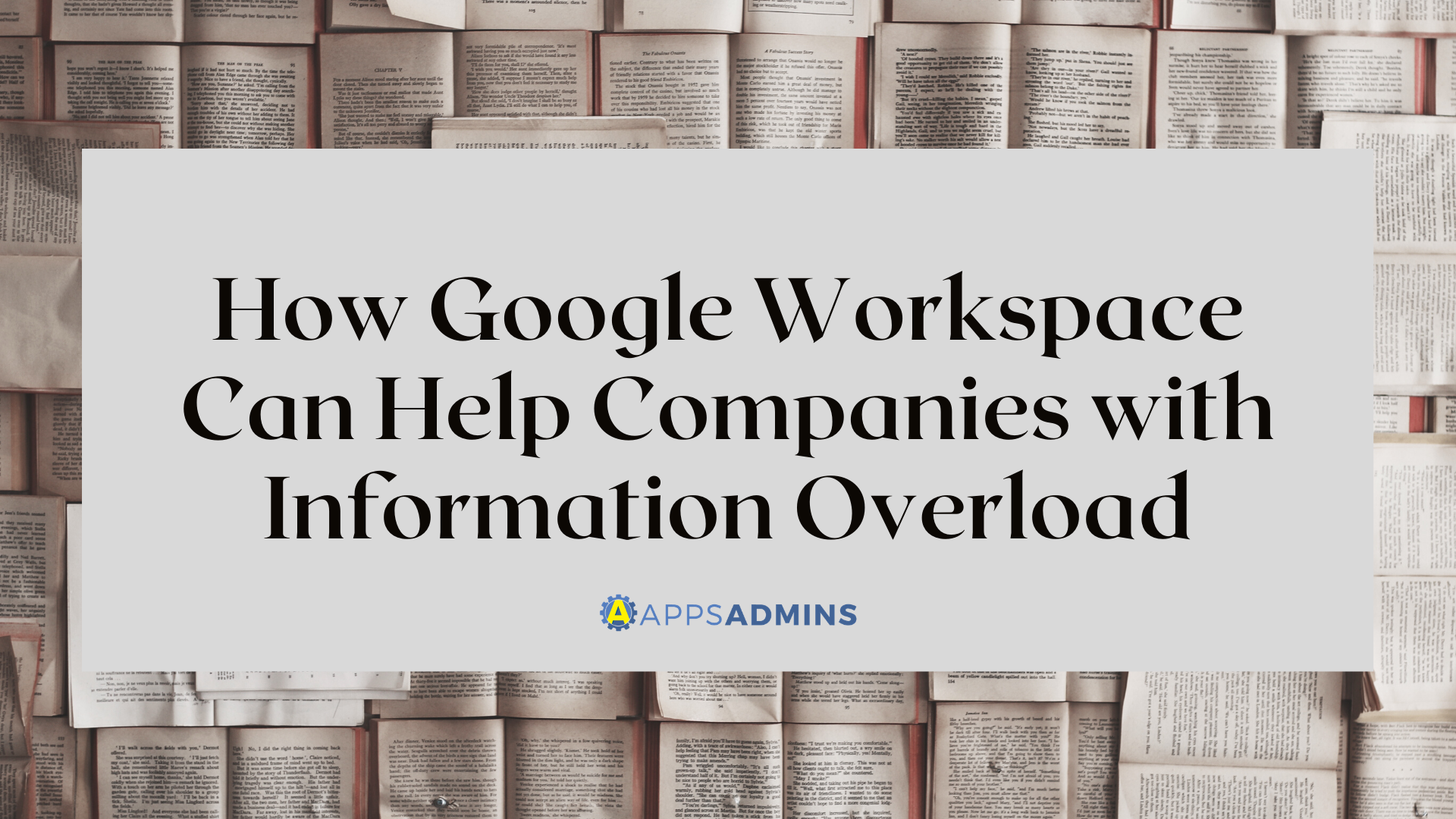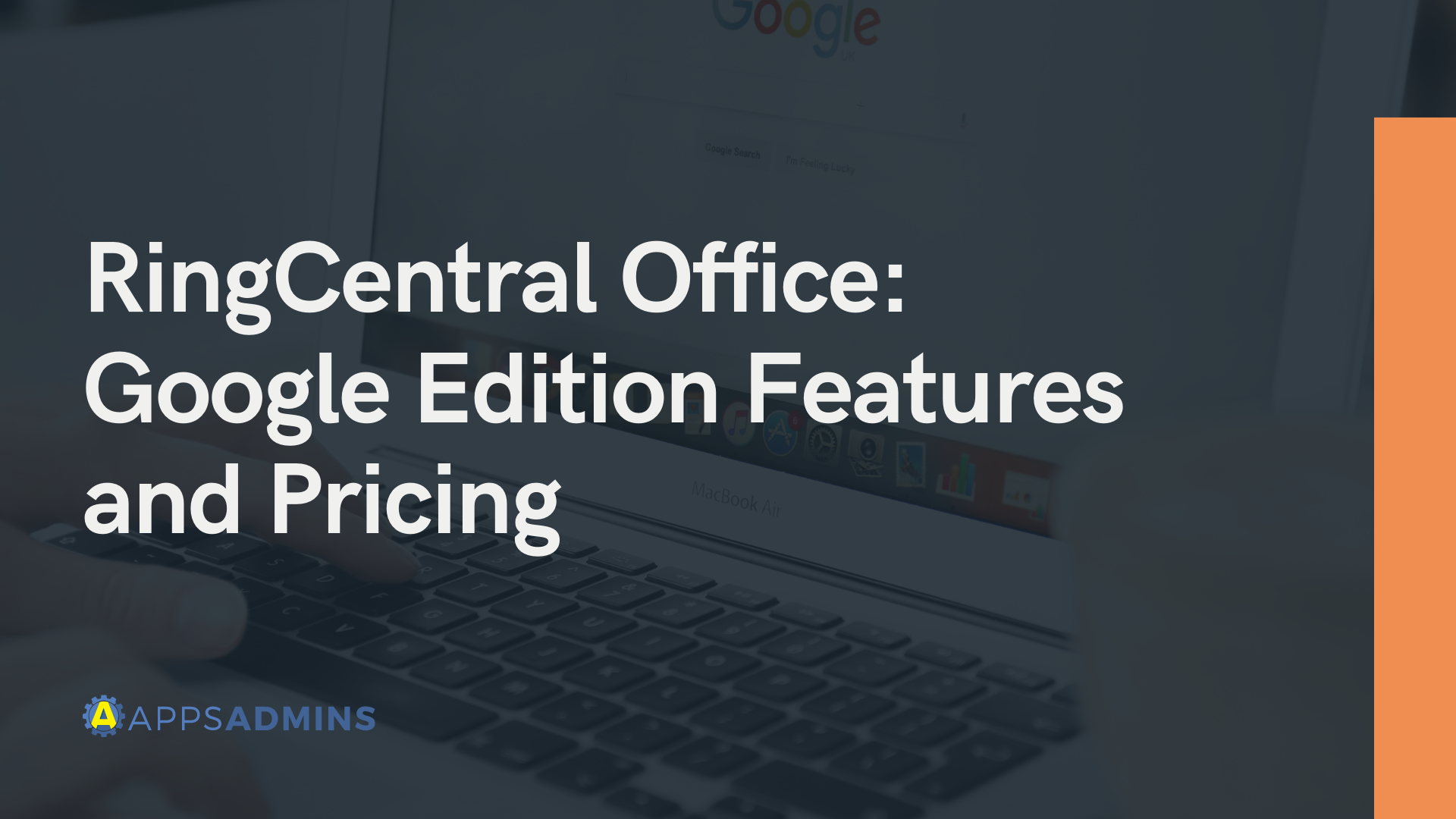G Suite Business Free for 30 Days
Sign up for a Free 30 Day Trial of G Suite Business and get Free Admin support from Google Certified Deployment Specialists.

 Private branch exchange (PBX) is defined as a private telephone network that allows businesses to share numerous outside lines for making external calls. The name comes from the way that the technology interacts with the public switched telephone network (PSTN). The term “private” is used because the network is separate from the PSTN, but it can connect to it. The word “branch” refers to how PBX relates to the PSTN; basically it is a branch off the main circuits. The label “exchange” is used to describe how connections are altered, which allows higher numbers of calls to be routed through fewer lines. Now businesses have a choice to make that could significantly impact their bottom line, and their efficiency. Its business phones decision time: cloud PBX vs traditional PBX.
Private branch exchange (PBX) is defined as a private telephone network that allows businesses to share numerous outside lines for making external calls. The name comes from the way that the technology interacts with the public switched telephone network (PSTN). The term “private” is used because the network is separate from the PSTN, but it can connect to it. The word “branch” refers to how PBX relates to the PSTN; basically it is a branch off the main circuits. The label “exchange” is used to describe how connections are altered, which allows higher numbers of calls to be routed through fewer lines. Now businesses have a choice to make that could significantly impact their bottom line, and their efficiency. Its business phones decision time: cloud PBX vs traditional PBX.
1. Traditional PBX
For years, businesses have been using PBX technology to route calls, allowing them to share a number of outside lines, to make inbound and outbound phone calls. Most companies with large numbers of employees, and multiple phones, cannot survive without PBX technology. Traditional PBX systems feature standard office phone aspects such as call routing, auto-attendants, voicemail, fax-integration, and user shortcuts. The original PBX technology was a cumbersomely large piece of hardware that was located on site, and manually operated. The required hardware was expensive, often required special storage accommodations, and needed frequent repairs. Characteristics of traditional PBX technology, include:
- Traditional phone receivers which change voice signals into analog or digital signals
- Technology that is internally deployed and operated
- Nominal computer integration
- Any moves, additions, or changes to the system require IT assistance
2. Cloud PBX
Cloud PBX, often referred to as hosted or virtual PBX, gives businesses access to PBX capabilities without having to purchase complex, and expensive equipment. Routing services are via the internet connection, using Voice over Internet Protocol (VoIP). Characteristics of cloud PBX technology, such as that used by RingCentral, include:
- VoIP software is used to change voice signals into data packets
- Data packets are sent by way of the internet or an IP-enabled network
- Service is hosted off-site and delivered via the Cloud
- High level of computer integration and data applications
- Moves, additions, and changes to the system do not require any IT assistance
3. Cloud PBX compared to Traditional PBX
Initial Cost Savings
When purchasing an office telephone system, a large upfront investment is necessary. For a system allowing traditional PBX service for 20 users, RingCentral found that the initial hardware purchase is approximately $6,500. The charges will include a one-time phone cost, generally about $3,000, a setup and implementation fee of approximately $1,000, and PBX software licenses which generally amount to $4,000. Cloud PBX services require a one-time phone cost of approximately $2,000. That’s it.
On-going Costs
Traditional PBX systems add additional charges for:
- Local and long distance calling
- Faxing
- Local numbers for users
- Toll-free numbers and minutes
- Feature and functionality updates
- Customer support
- Audio conferencing
- Telephone service
Cloud PBX systems offer many additional features at no charge, including long distance, local numbers for users, and continually upgraded software. The flexibility of the Cloud supports multiple physical offices, and use of laptops, smartphones, and desk phones.
In the long run, Cloud PBX systems are much more cost-effective to use than the ongoing expenses of traditional PBX. RingCentral detailed the difference in costs between traditional PBX and Cloud PBX systems as over $30,000 annually, for a system capability of 20 users.
Scalability
Traditional PBX systems have a limited number of users that they can manage, and are also dependent upon how many lines they have available to them. Cloud PBX systems, such as RingCentral, remove the limitations. Businesses can add unlimited numbers of users at any time. Adding users is instantaneous, and there is no downtime required to rebuild databases, or add new servers.
Setup Time
Traditional PBX systems take time to setup, as hardware needs to be installed, and configured. Cloud PBX systems take relatively little time to setup as the main requirement is an internet connection.
Greater Mobility and Freedom
Cloud PBX systems allow employees to work anywhere that they can receive an internet connection, enhancing their productivity levels. Remote workers simply connect a mobile device to the internet and make and receive calls no matter where they are located.
Ease of Administration
Cloud PBX systems allow administrators to manage users, assign devices, and locations, and users are able to manage many of their own personal settings. IT specialists are not required to make changes.
There are numerous benefits of using a Cloud PBX system versus a traditional PBX system. The advancements in technology can save you enormous amounts of money, while making your business more productive, and efficient. If you are a business, making a decision about your business phone, contact RingCentral.
.jpg?width=818&name=appsadmins-svg-rules-1%20(2).jpg)







